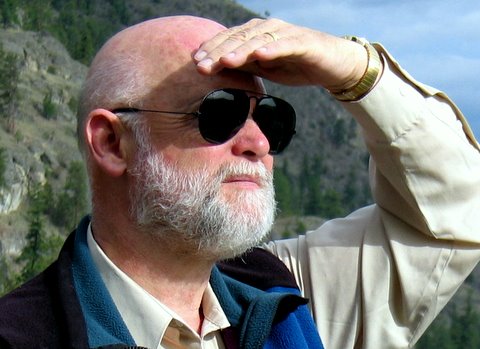

Bruce Fraser
| Home | Contact Bruce | Calendar | Bruce's Blog | Resumé | Platform | Video Clips | Articles by Bruce | A Shawnigan Life |
|---|
Vision
Leadership
Experience
Let’s Talk Democracy
In our form of representative democracy, those elected by due process earn the right and responsibility to make decisions in the public interest on behalf of all. In normal circumstances we work by majority rule both to elect representatives and for them to make group decisions, regardless of the proportion of the eligible population that actually employs their franchise. For the most part this works tolerably well except when the majority is wrong.
That a majority of voters or decision makers can make mistakes should not come as a huge surprise. Sometimes this can occur because of lack of full information. It can occur because of discrimination, prejudice or corruption. It can occur because circumstances change to make a decision obsolete. A decision seen to be appropriate one day can appear later to have been incorrect or damaging.
Fortunately, in our society, we have numerous safeguards to make redress or create balance when the simple rule of the majority misfires. We have a Charter of Rights and Freedoms, courts of law, an ombudsperson, appeal tribunals, human rights legislation, minority language laws, anti-discrimination laws, expropriation compensation rules, independent auditors, and a host of non-government organizations that champion the interests of minority groups.
In the past, majority governance has prevented women from voting, treated Chinese labourers badly, incarcerated Japanese Canadians, pushed First Nations people off their traditional lands and forced their children into abusive residential schools. We have forbidden gay people to marry or receive the due considerations of legal partnership. We have flooded fertile valleys, built subdivisions on prime farmland and filled the atmosphere with greenhouse gases. We have purchased submarines that don’t work. We have permitted leaders to aid the concentration of wealth among the very few. In most cases we have eventually realized that these were mistakes. We have changed laws, compensated people, cut our losses, reversed decisions, apologized to people, removed barriers, allowed peaceful demonstrations and entrenched minority rights to protect people from the consequences of the majority being wrong.
A mature democracy anticipates that majority rule needs a lot of balance mechanisms and careful redress of mistakes to make the system fair. That’s what is needed here in the conflicts over the Eco-Depot location decision in the CVRD. It is not enough to state that a non-binding referendum, decided by a majority, is sufficient. It may be useful as a guide, but a majority decision based on what amounts to an opinion poll– yes or no to a single location of a public facility with no competing alternatives– could still actually turn out to be wrong, unfair or damaging to a minority. We run the risk of adhering to a simple form of majority rule without taking notice of the substance of what is being decided and thus not being thoughtful enough about the inequitable consequences. Let’s fix this mistake and move on. We have to employ our mature form of democracy to do this, not abandon it to black and white choices that are too simple to reflect a more complex reality.